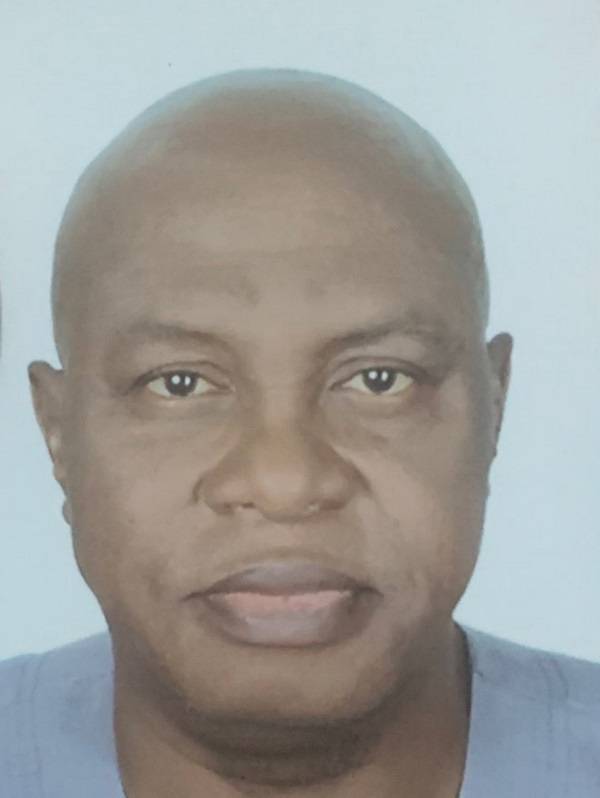
The future of TikTok, the popular social media app owned by Beijing-based ByteDance, is uncertain following a ban by the governments of the United States and the United Kingdom. Both countries have accused the app of posing a national security risk through data gathered from millions of users. The US government says TikTok should be sold or else face a possible ban in the country. China has reacted strongly, saying any forced sale of TikTok will be strongly opposed. These bans will be a big blow and threat to content developers worldwide as the American and British templates affect other parts of the globe.
This situation could potentially harm TikTok, a popular Chinese-owned app that has the largest user base in the United States with approximately 150 million users. Indonesia follows with 87.5 million users, then Brazil with 72.3 million, the Russian Federation with 48.8 million, Mexico with 41.6 million, and Vietnam with 39.7 million. Thailand has 35.6 million users, while the Philippines has 33.0 million users. Turkey has 24.6 million users and the UK has 20.1 million users.
The UK has banned the use of TikTok on government corporate devices within all government departments, but there are specific exemptions for the use of TikTok on government devices for work purposes. Exemptions will only be granted by security teams on a case-by-case basis, with ministerial clearance as appropriate and with security mitigations put in place. These exemptions will cover areas such as individuals working in relevant enforcement roles, or for example, for the purposes of work on online harms.
TikTok has been negotiating with the Committee on Foreign Investments in the United States (CFIUS) for more than two years on a deal that might allow the app to continue operating in the US market in the face of security and privacy concerns. US officials have raised fears that the Chinese government could use its national security laws to pressure TikTok or its Chinese parent ByteDance into handing over the personal information of TikTok’s US users, which might then benefit Chinese intelligence activities or influence campaigns.
China has described the actions by the United States as being “unreasonably suppressing” TikTok and spreading “false information” about data security. China’s commerce ministry said a forced sale of TikTok would “seriously damage” global investors’ confidence in the United States. TikTok CEO Shou Chew testified in front of US lawmakers amid increasing scrutiny over the app’s ties to China. The company said a forced sale would not change its data flows or access and that the best way to address concerns about national security is with the transparent, US-based protection of US user data and systems, with robust third-party monitoring, vetting and verification, which the company is already implementing.
While the White House has not specifically commented on the ban, there are strong indications that the order to sell TikTok shares is a subtle way of banning the app, especially if ByteDance does not respond accordingly. For years, American officials have raised concerns that data from the popular app could fall into the hands of the Chinese government.
US President Joe Biden’s administration wants ByteDance to divest itself of TikTok to create a clear break from China. The CFIUS, which oversees national security risks, unanimously recommended ByteDance divest from TikTok.
The ban decision is in line with similar restrictions brought in by key international partners, including the Canadian government and the European Commission. The ban in the US and UK may spread to other countries, with allegiances coming to play after all, according to agency reports. Specifically, the Chinese app may reactivate the ‘Cold War’ era, especially going by the raging Russian/Ukraine war for which global communities now foist alliances against the war.
A TikTok spokesperson, Maureen Shanahan said in a statement that “if protecting national security is the objective, divestment doesn’t solve the problem. A change in ownership would not impose any new restrictions on data flows or access”.
Chinese President Xi recently visited Russia on a state visit, which analysts described as a show of solidarity. Other members of the North Atlantic Treaty Organisation (NATO) reportedly frowned upon the visit, further exacerbating tensions.
Zhang Yiming is the founder of ByteDance, the Chinese tech giant best known for its popular app TikTok, which has over one billion users worldwide. Zhang resigned as CEO of Bytedance in May 2021 and as chairman in November 2021, reportedly under pressure from the Chinese government.
TikTok is very popular among content developers in developing countries, including Nigeria. As of January 2022, TikTok had over three billion downloads and over one billion monthly users. TikTok was the most popular app downloaded globally in 2020 and 2021.
Approximately 60 per cent of TikTok users are between the ages of 16 and 24, and almost 50 per cent of TikTok’s global audience is under the age of 34. The TikTok app has a worldwide reach with users in over 150 countries, and the average user spends 52 minutes per day on the app.
ByteDance, the owner of TikTok, is valued at $140 billion, making it the world’s most valuable startup and worth more than Twitter and Coca-Cola. TikTok reports that it has over 80 million monthly active users in the United States, with 60 per cent of them female and 40 per cent male.
Aragba-Akpore, a communication analyst, wrote in from Abuja. He can be reached on sonnyakpore@yahoo.com.

